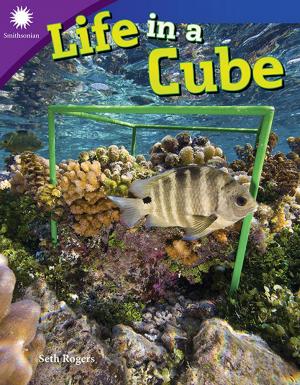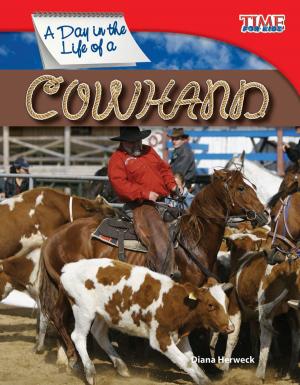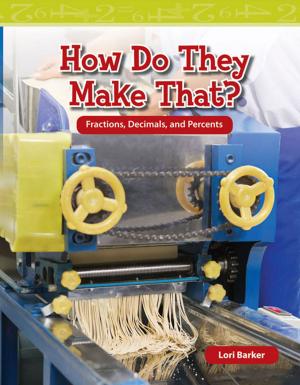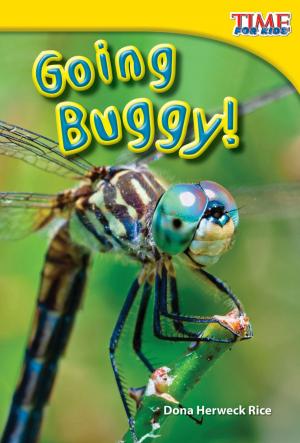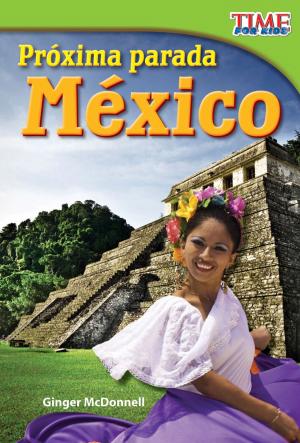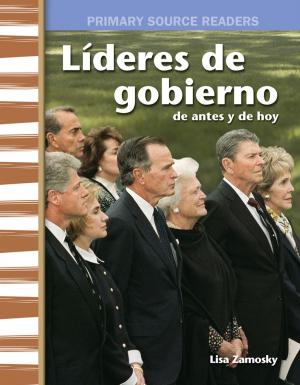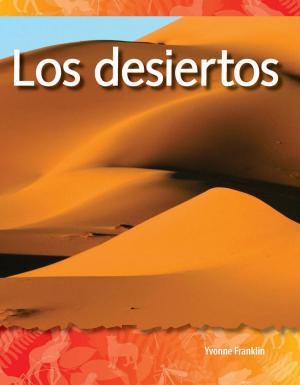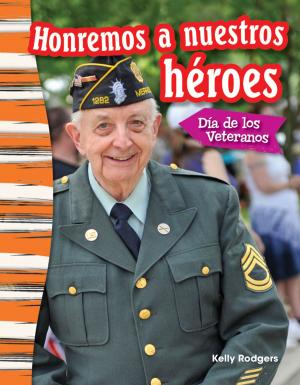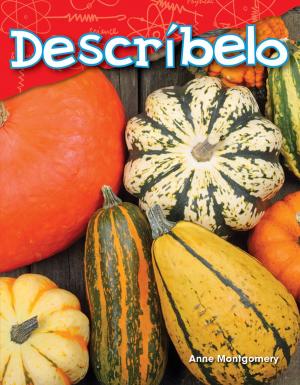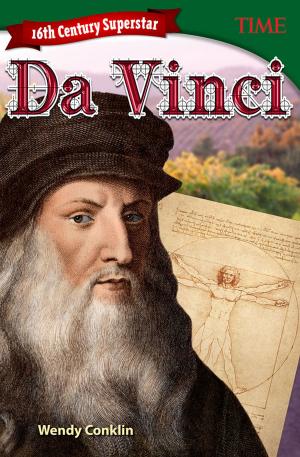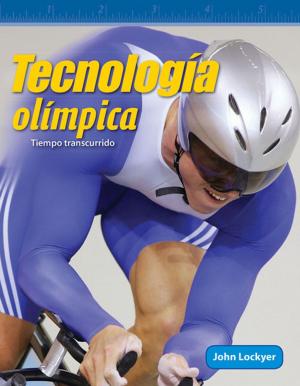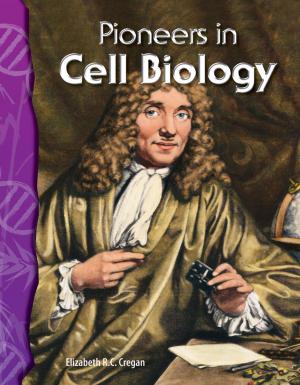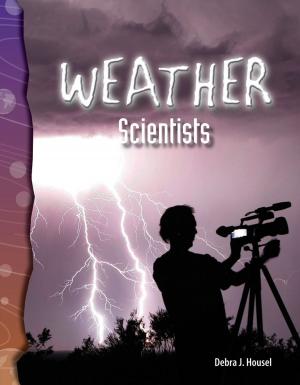| Author: | Debra J. Housel | ISBN: | 9781545705438 |
| Publisher: | Teacher Created Materials | Publication: | June 5, 2017 |
| Imprint: | Teacher Created Materials | Language: | English |
| Author: | Debra J. Housel |
| ISBN: | 9781545705438 |
| Publisher: | Teacher Created Materials |
| Publication: | June 5, 2017 |
| Imprint: | Teacher Created Materials |
| Language: | English |
Home sweet home. Organisms must live in the right habitat to survive. And when their needs are met, the right environment enables plants and animals to thrive. From the desert to the tundra, learn about food webs, animal niches, climates, and other features of various biomes and their ecosystems in this life science book. The colorful images and fun facts in this high-interest informational text will get third-grade students excited about exploring different types of biomes and the living and nonliving elements of the ecosystems found within them. Featuring a hands-on "Think Like a Scientist" lab activity that is aligned to the Next Generation Science Standards, this book helps students apply what they've learned in the book and supports STEM instruction. Helpful diagrams and text features, such as a glossary and index, are also included to improve content-area literacy.
Home sweet home. Organisms must live in the right habitat to survive. And when their needs are met, the right environment enables plants and animals to thrive. From the desert to the tundra, learn about food webs, animal niches, climates, and other features of various biomes and their ecosystems in this life science book. The colorful images and fun facts in this high-interest informational text will get third-grade students excited about exploring different types of biomes and the living and nonliving elements of the ecosystems found within them. Featuring a hands-on "Think Like a Scientist" lab activity that is aligned to the Next Generation Science Standards, this book helps students apply what they've learned in the book and supports STEM instruction. Helpful diagrams and text features, such as a glossary and index, are also included to improve content-area literacy.

